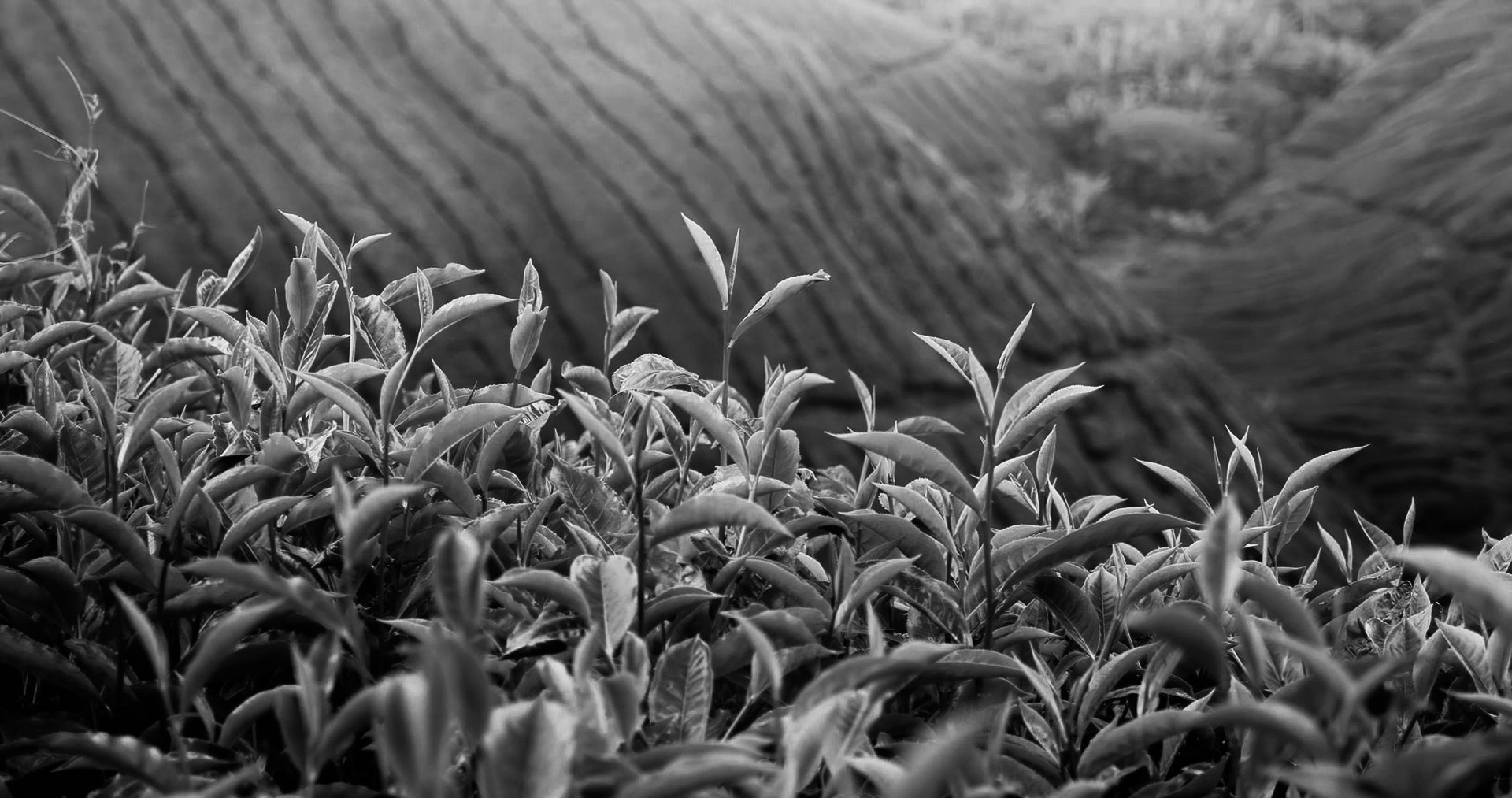
Ilam, Koshi Province, Nepal
Ecocert Certified Organic, Rainforest Alliance Certified
Our farm partner in Ilam, Nepal is woman-owned with a 99% women workforce. The garden is known as a safe haven and refuge for marginalized, oppressed women and their children from across the region. Here they are provided a home, livelihood, living wages, education and healthcare for their families, and sisterhood. The founders are also vocal advocates for gender equality, education for girls and women, and the LGBTQIA+ community of the region. Their garden sanctuary sits at one of the highest altitudes in the tea-producing world. This unique microclimate encourages slower growing plants which build more essential oils and antioxidants, and ultimately more layers of complexity to their character.
Jing Mai, Yunnan Province, China
OCIA, NOP, JAS and EU Certified Organic
The ancient wild tea forests of Jing Mai Mountain in Southwestern China go back to the Song Dynasty (960-1279 AD), making them as old as over 1000 years. Located at the tip of Yunnan Province between Laos, Myanmar and Vietnam, these trees have been stewarded and foraged by the resident Bulang & Dai hill tribes for countless generations. Enshrouded in mist throughout the year, the trees are known to grow as tall as 50 feet. Because the forests are a protected wildlife preserve, only a small percentage of the 32,000 acres is permitted to be harvested. The stewarding and foraging of these ancient trees is self-governed by an association made up of tribal representatives, as well as the foragers and producers themselves.
Chiang Dao, Chiang Rai Province, Thailand
USDA Certified Organic
From the remote wilderness of Chiang Dao Mountain in Northern Thailand, these leaves are foraged from ancient self-seeded tea trees. Wild and densely forested, due to its rare ecosystem of biodynamic flora and fauna, Doi Chiang Dao is a protected wildlife preserve with nutrient rich soil and deep root systems. The history of tea in Northern Thailand is said to go back nearly a thousand years, brought to the region by migrating Bulang and Dai hill people - ancient master agriculturalists and ancestors of the same tribal communities who now reside in Yunnan Province of China and produce our teas from Jing Mai. The Dai and Bulang tribes are said to revere the tea tree as a sacred plant and is still used as medicine as well as food. It is widely believed that today’s wild tea forests of Doi Chiang Dao are the now overgrown ancient sites of the Dai and Bulang tea gardens from almost a millennia ago.
Siliguri, Darjeeling, India
USDA, NPOP, NOP, EU Certified Organic
In the forests of Darjeeling, a tea garden was built in 1884 at the foothills of the Eastern Himalayas. Passed down through the generations, our farm partner is known for a strong matriarchal lineage at its helm and a women-focused workforce. Their tea garden is surrounded by lush wilderness and diverse wildlife, including vast communities of elephants. As nature-positive stewards of the land and leading agroecological innovators of the region, our partner has created ‘green corridors’ throughout their gardens which allow the elephants safe passage to migrate through, forage and even nap amongst the tea trees.
